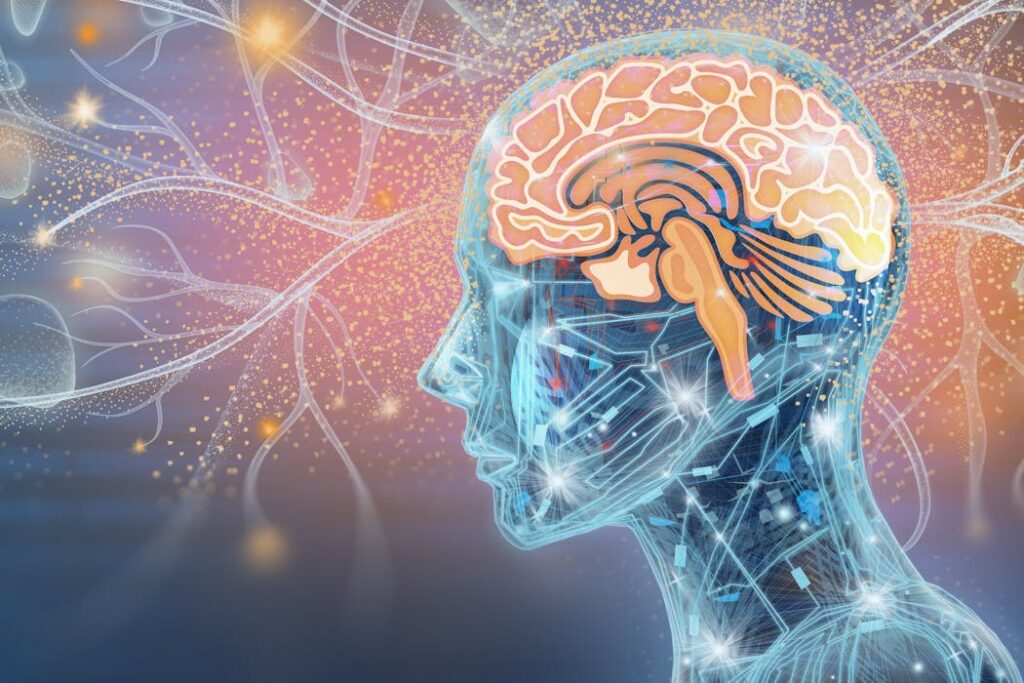The article explores the intriguing concept of “mind uploading,” where one’s consciousness could theoretically be transferred to a computer, allowing a digital existence. While this idea suggests the possibility of living indefinitely without a physical body, it raises significant scientific challenges.
To achieve mind uploading, researchers need to meticulously scan and map the brain’s complex structure, which consists of approximately 86 billion neurons and their connections. Current research is still in its infancy, primarily focusing on simpler brains like those of flies and mice. Full brain mapping is essential, but merely copying the brain’s information is insufficient due to the dynamic nature of neurons.
A fully immersive simulation is necessary for the uploaded mind to function, including the recreation of all sensory inputs, as deprivation can lead to psychological issues. Although advancements in technology may bring us closer to realizing mind uploading, experts estimate it could take decades, with optimistic predictions suggesting a timeline as early as 2045.
Despite significant hurdles, the rapid pace of technological development and interest from wealthy investors keeps the dream of mind uploading alive. However, some experts caution that the process could take much longer, potentially over a century. In conclusion, while the concept is captivating, extensive research and breakthroughs are still needed before mind uploading becomes a reality.
Source link


